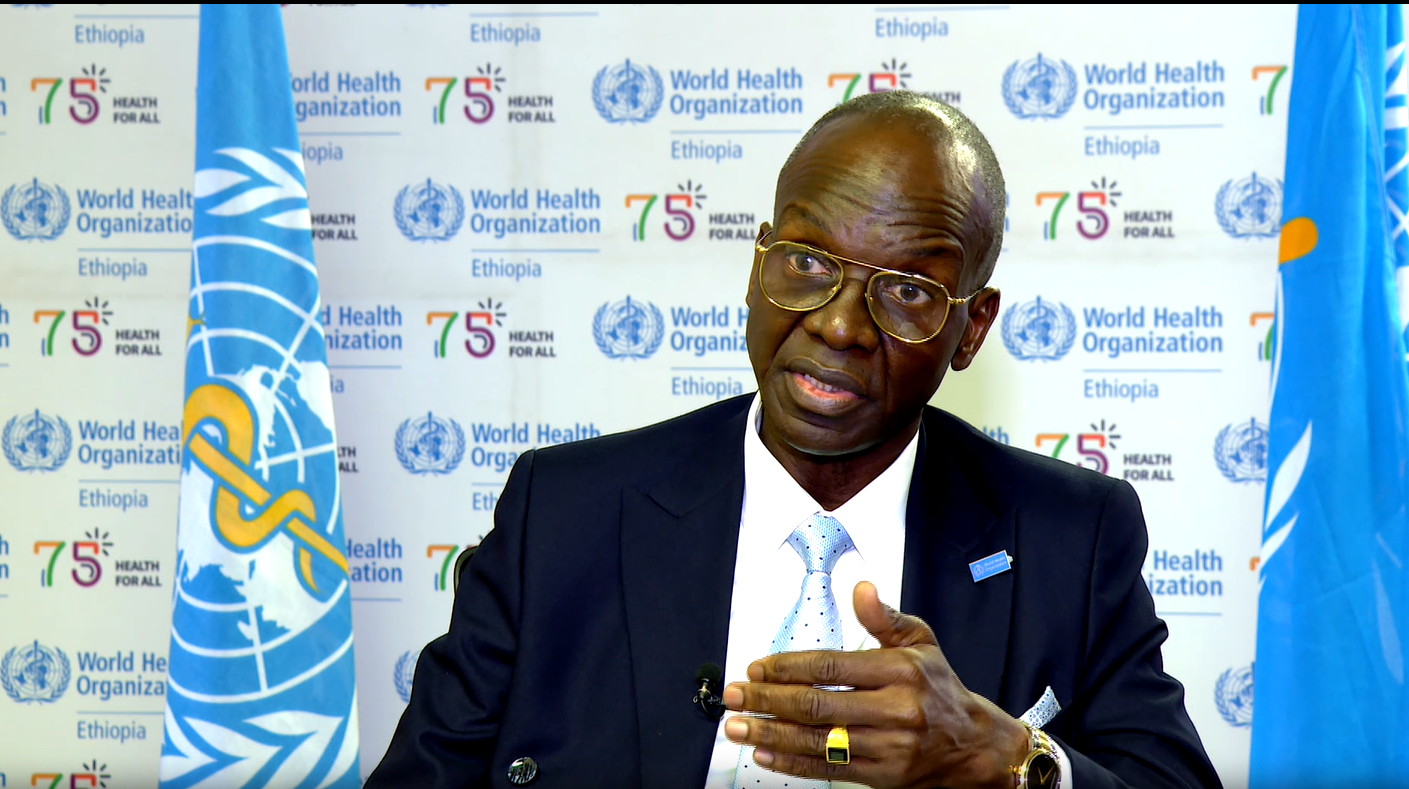Regional Director Stresses Importance of Local Funding for a Stronger African Health System

Strengthening Africa’s Health Systems Through Domestic Financing and Local Manufacturing
The World Health Organization (WHO) Regional Director for Africa, Dr. Mohamed Yakub Janabi, has emphasized the critical importance of advancing innovative domestic financing and local manufacturing to build a more resilient health system across the continent. In an exclusive interview, he highlighted that financial and geopolitical crises, alongside climate change, are major challenges currently affecting the health sector in Africa.
Dr. Janabi pointed out that WHO's approach will be guided by the priorities of 47 member states, ensuring that strategies align with the unique needs of each country. He stressed the significance of investing in primary health care and community health workers, who play a vital role in reaching populations directly. According to him, “when talking of health sovereignty, we are talking about the countries’ responsibility of the health of their population.”
To achieve this, increasing national health budgets based on individual country priorities is essential. The regional director also called for innovative domestic financing mechanisms, including greater involvement from the private sector. This move is seen as crucial to reducing the continent’s heavy reliance on imported medicines, which currently make up over 80% of the products used in Africa.
Reducing Import Dependency and Building Capacity
Innovative domestic financing and the promotion of local manufacturing are key to reducing import dependency. These strategies not only help in making medications more accessible and affordable but also contribute to building a qualified healthcare workforce and leveraging technology for better service delivery. Dr. Janabi emphasized the need for proper assessments to identify essential health needs and develop corresponding plans. He noted that such efforts must be aligned with existing regulatory frameworks to ensure effectiveness and sustainability.
The global health fund has seen a sharp decline in support for Africa, prompting concerns about how to address these emerging challenges. Dr. Janabi acknowledged the lifesaving impact of aid and urged all stakeholders to strengthen collaboration to find new solutions. He suggested several approaches governments can take, such as increasing health budgets, engaging with donors, and channeling donations through national institutes.
Enhancing Coordination and Collaboration
Dr. Janabi also called for more coordinated efforts among stakeholders in the health sector. He emphasized the importance of avoiding duplication and fragmentation, ensuring that resources are used efficiently and effectively. This includes fostering stronger partnerships between national authorities, the African Union (AU), the United Nations (UN), and other development partners.
His high-level engagement in Addis Ababa underscored the critical role of health financing and local manufacturing in strengthening health sovereignty. These elements are vital for improving emergency preparedness and prioritizing health initiatives across the continent.
Looking Ahead: A Sustainable Path Forward
As Africa faces ongoing challenges, the push for innovative domestic financing and local manufacturing remains a cornerstone of the region’s health strategy. By focusing on sustainable solutions, the continent can work towards a future where its health systems are more self-reliant, resilient, and capable of meeting the needs of its people. The collaborative efforts of governments, international organizations, and the private sector will be instrumental in achieving this vision.

Comments
Post a Comment